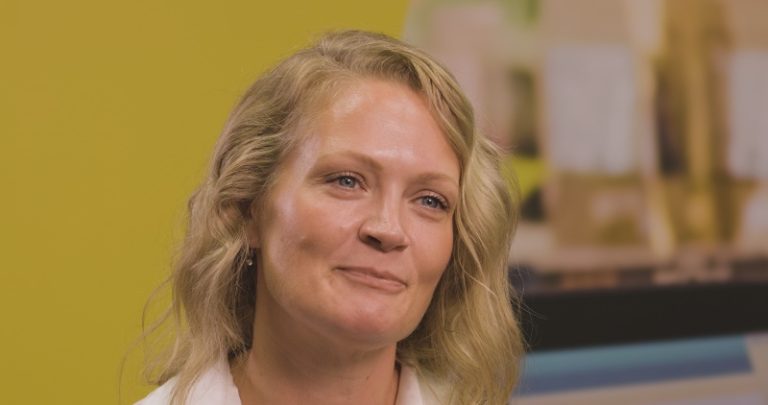Choosing A-level subjects: five points to consider
Choosing A-level subjects: five points to consider

A-level subject choices can have a big impact on your future options. Do your research now to smooth your future path.
Before embarking on two years’ hard work, check out our five-point guide to choosing your subjects.
1. Ability and enjoyment
Think about the subjects you are good at, like and enjoy.
If you enjoy your studies, you are likely to be more motivated. Similarly, having a natural ability in your chosen subjects can increase your chances of success. For this reason you often need a certain grade at GCSE to study a subject at A-level.
But beware, there can be big differences from studying subjects at GCSE to A-level. It doesn’t always follow that choosing a subject you enjoyed before will be a safe bet. Even if you feel you’re on familiar ground, it’s worth finding out what’s involved.
2. New subjects
Your school or college may offer A-levels in subjects that you’ve not studied before.
If any new subjects appeal to you, take some time to find out what’s involved to avoid any surprises.
Keep a balance in mind. Choosing a couple of familiar subjects alongside one new one for example, can help leave your options open.
If you want to study certain subjects at university, it is not always necessary – or indeed helpful – to have studied them at A-level. This generally applies to new subjects at A-level, such as law or business studies.
When it comes to more traditional subjects however, an A-level in that subject is often essential for university study. See section 5 for more details.
3. Subject combinations
Some schools or colleges have restrictions on certain subjects you can study together.
Similarly, some universities discourage students from taking certain combinations of A-level subjects. This often applies where there may be a content overlap, such as with business studies and economics.
The issue of subject combinations can be particularly important if you’re studying science subjects. Again, see section 5 for more details.
4. Course content, assessment and workload
You may find it helpful to look at your course syllabus, sometimes called the specifications. This sets out course content and requirements.
Find out which exam board your school or college uses for your chosen subject. Both the content of the course (modules or topics) and the way it is marked (ratio of coursework to exams, amount of exams) can vary. Popular A-level exam boards in the UK include AQA and OCR and you can download the relevant syllabus from their websites.
Think about the likely workload of your choices. Find out what’s required in terms of essay writing, independent reading or extended projects. What may this mean in terms of your chosen subjects?
5. Future plans
If you have a particular career in mind, you may need to choose certain A-levels to meet entry requirements for degree courses or further study.
If you don’t yet have any career ideas, then keeping your options open can be just as important.
Top universities usually require three academic A-levels, not including general studies or critical thinking.
The Russell Group, which represents 24 leading UK universities, has produced a guide which sets out how the subjects you study at A-level can determine which degree courses will be open to you in future. Whatever your plans, it’s well worth a read – see Informed Choices for full details.
You can also check entry requirements for university courses on UCAS.
Changing your mind
Making decisions about the unknown is difficult. Things often don’t turn out how you expect but you can be surprised in a positive way – modules with the least appeal at the outset can end up being the most enjoyable.
There’s no fail-safe solution here. If you do feel you’ve made the wrong decision after starting your course, speak to your tutor as it’s often possible to change subjects.
Getting advice
Speak to your current school teachers, A-level subject teachers, and current course students to get an idea of what the course involves and what’s likely to suit you.
Your parents, family and friends can help shape your views. But remember you are the one who will be doing the work, and it’s your future, so it’s important to be happy with the choices you make.
You can also speak to a careers advisor for help – visit the National Careers Service for contact information.
Find out more
Searching icould videos by subject will give you real-life examples of how people have used certain subjects in their careers.
What next after your GCSEs? sets out different pathways open to you after year 11.
Last updated: 8th August 2023





